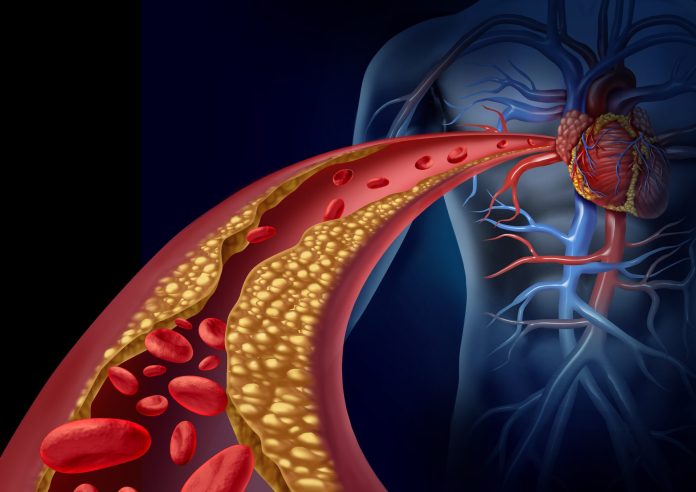
A large meta-analysis including 23 trials and 155,000 people indicates that muscle pain is only linked to statin use in less than 10% of those who report these symptoms.
Writing in The Lancet, Colin Baigent, Director of the Medical Research Council Population Health Research Unit at the University of Oxford, and colleagues say “the small risks of muscle symptoms are much lower than the known cardiovascular benefits.”
High levels of low-density lipoprotein (LDL) cholesterol are linked to cardiovascular disease and can be a strong contributor to potentially fatal events such as heart attacks. Statins are very effective at lowering LDL cholesterol and reducing the risk of cardiovascular events in those affected.
However, muscle pain can occur as a side effect of statin use and there have been concerns that long-term statin use could cause muscle weakness or damage.
In this study, Baigent and colleagues from the Cholesterol Treatment Trialists’ Collaboration analyzed data on muscle pain from 23 trials including 155,000 people who were prescribed statins versus placebo or low-dose versus high-dose statins. The combined follow up period for participants in the trials was a median of 4.3 years.
The team found that 27.1% of patients given statins reported muscle pain or weakness vs 26.6% of those who were given the placebo (in 19 trials). During the first year of treatment the relative risk of having muscle pain due to statin use increased by 7%. This corresponds to around one in 15 events being caused by the statin.
Overall, less than 90% of reported cases of muscle pain were caused by statin use and those that were, were generally mild.
“Our research shows that whilst people on statin therapy may develop muscle symptoms, it is important to note that people not on statins also commonly get such symptoms,” commented Christina Reith, Senior Clinical Research Fellow at Oxford Population Health and joint lead author of the study, in a press statement.
“For people on statins who do develop muscle symptoms, most of the time statins will not be the cause. We hope that these results will help doctors and patients to make informed decisions about whether to start or remain on statin therapy, bearing in mind its known significant benefits in reducing the risk of cardiovascular disease.”
Writing in a linked Comment article, Maciej Banach, Professor of Cardiology at the Medical University of Lodz, Poland, who was not involved in the study, said, “The issue of statin-associated side effects has been discussed for at least 15-20 years, and despite overwhelmingly reassuring data from randomized controlled trials, cohort studies, and registries, side effects are still the main cause of statin nonadherence.
“In 2022, the problem does not arise from a lack of data, diagnostic criteria, effective therapies, or treatment recommendations, but from insufficient education both of physicians and patients.”












